Yellow card may refer to:
The green card is a document affirming the status of a person as a permanent resident of the United States.
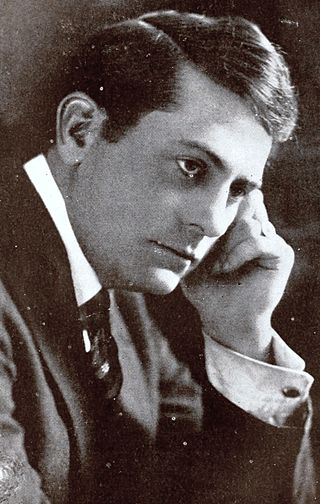
Edwin August Phillip von der Butz was an American actor, director, and screenwriter of the silent era.
President most commonly refers to:
The Squaw Man or A Squaw Man may refer to:

Irene Hunt was an American film actress of the silent era. She appeared in 120 films between 1911 and 1926. She was born in New York, New York, and died in Paso Robles, California.

Edward Marshall Kimball was an American male actor of the silent era. He appeared in more than 60 films between 1912 and 1936. Like many older actors of the Victorian and Edwardian eras, he enjoyed a varied stage career on and off Broadway before entering the silent films.
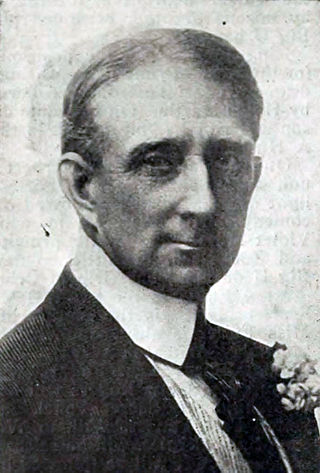
Alec B. Francis was an English actor, largely of the silent era. He appeared in more than 240 films between 1911 and 1934.
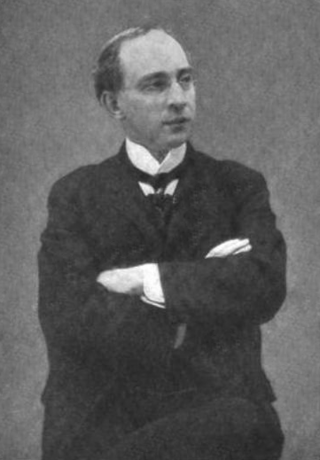
Michael Morton was an English dramatist in the early 20th century.

The Yellow Ticket is a 1931 pre-Code American drama film based on the 1914 play of the same name by Michael Morton, produced by the Fox Film Corporation, directed by Raoul Walsh, and starring Elissa Landi, Lionel Barrymore and Laurence Olivier. Boris Karloff appears briefly in a small supporting role. The picture is also a noteworthy example of productions from the pre-Code era in that it includes brief nudity.
A devil is the personification of evil as it is conceived in many and various cultures and religious traditions.

Florence Reed was an American stage and film actress. She is remembered for several outstanding stage productions, including The Shanghai Gesture, The Lullaby, The Yellow Ticket and The Wanderer. Her best remembered movie role was as Miss Havisham in the 1934 production of Great Expectations. In this version, however, Miss Havisham was changed from a completely insane woman to an eccentric, who did not wear her wedding veil constantly, and who dies peacefully rather than as a result of suffering burns in a fire. In the 1950s, Reed performed in several early television shows, such as The Philco Television Playhouse, Kraft Television Theatre and The United States Steel Hour. She is a member of the American Theater Hall of Fame.

The Yellow Passport is a lost 1916 silent film drama produced and distributed by the World Film Company. Based on Michael Morton's 1914 Broadway play of the same title, it was directed by Edwin August and starred Clara Kimball Young. On the stage the lead characters were played by Florence Reed and John Barrymore. Morton's story was filmed several times in the silent era and made as The Yellow Ticket in 1931 with Lionel Barrymore and Elissa Landi.
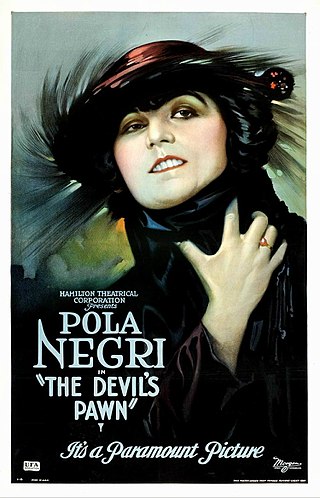
The Yellow Ticket, also known as The Devil's Pawn, is a 1918 German silent film starring Pola Negri in a double role as Lea and her mother Lydia, Victor Janson as Ossip Storki, and Harry Liedtke as Dimitri. It was directed by Victor Janson and Eugen Illés.
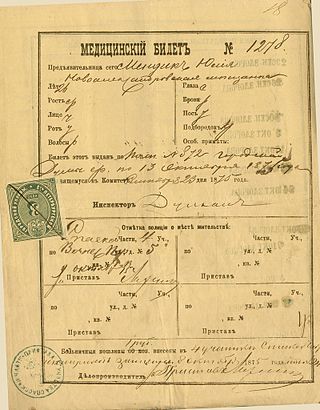
Yellow ticket, yellow passport or yellow card was an informal name of a personal identification document of a prostitute in the Russian Empire between 1843 and 1909. The document combined an ID card, a residence permit, a license to practice prostitution, and prostitute's medical check-up card. The official title of the document varied: medical card, replacement card, etc. The title "replacement card" refers to the fact that upon registration, the prostitute left her original passport or residence permit in the local police office and was issued the "yellow card" as a replacement personal ID. The carriers of the card were subject to periodic medical check-ups. This requirement was dropped in 1909.

The Yellow Ticket is a 1914 Broadway play by dramatist Michael Morton, which premiered at the Eltinge 42nd Street Theatre in Manhattan on January 20, 1914.
Yellow passport may refer to:

Julian L'Estrange was an English-born stage actor who later made a handful of silent films for Paramount Pictures. He married fellow performer Constance Collier at All Saints Church in London on 25 November 1905. They were a well-known married stage couple on both sides of the Atlantic. He died in the Spanish Influenza Pandemic of 1918. Collier talks about him in her 1929 autobiography Harlequinade. She never remarried.
The Ticket-of-Leave Man or The Ticket of Leave Man may refer to:

The Yellow Ticket is a 1918 American silent drama film directed by William Parke and starring Fannie Ward. It is based on Michael Morton's 1914 play The Yellow Ticket. This screen adaptation of the play is currently classified as a lost film.
This page is based on this
Wikipedia article Text is available under the
CC BY-SA 4.0 license; additional terms may apply.
Images, videos and audio are available under their respective licenses.











